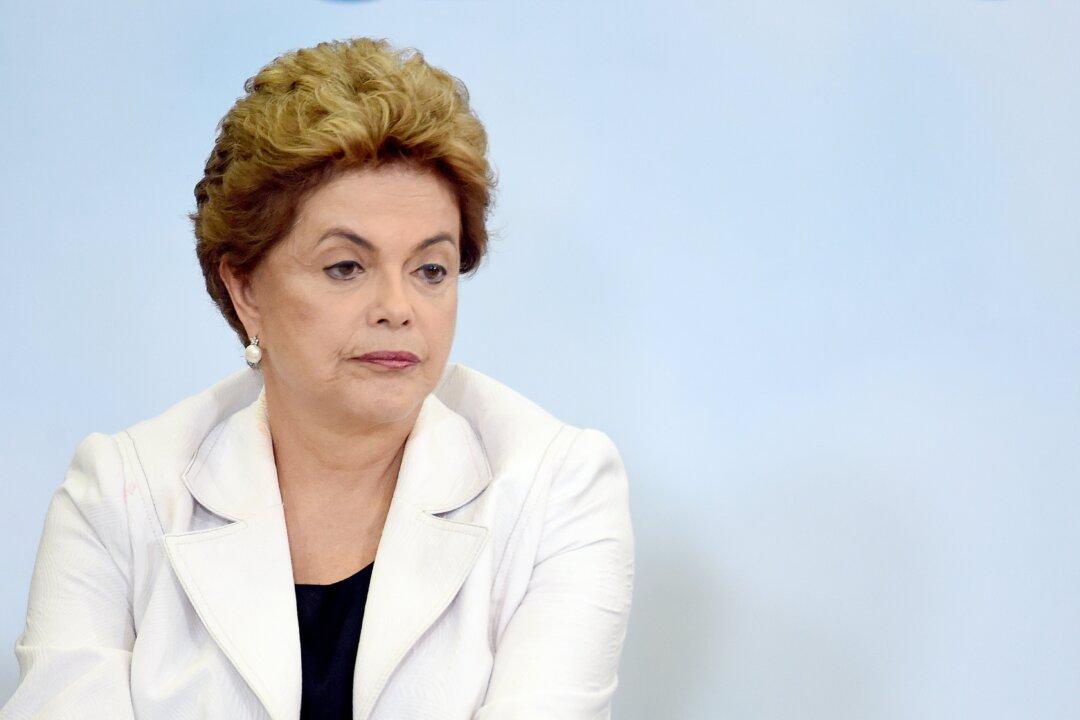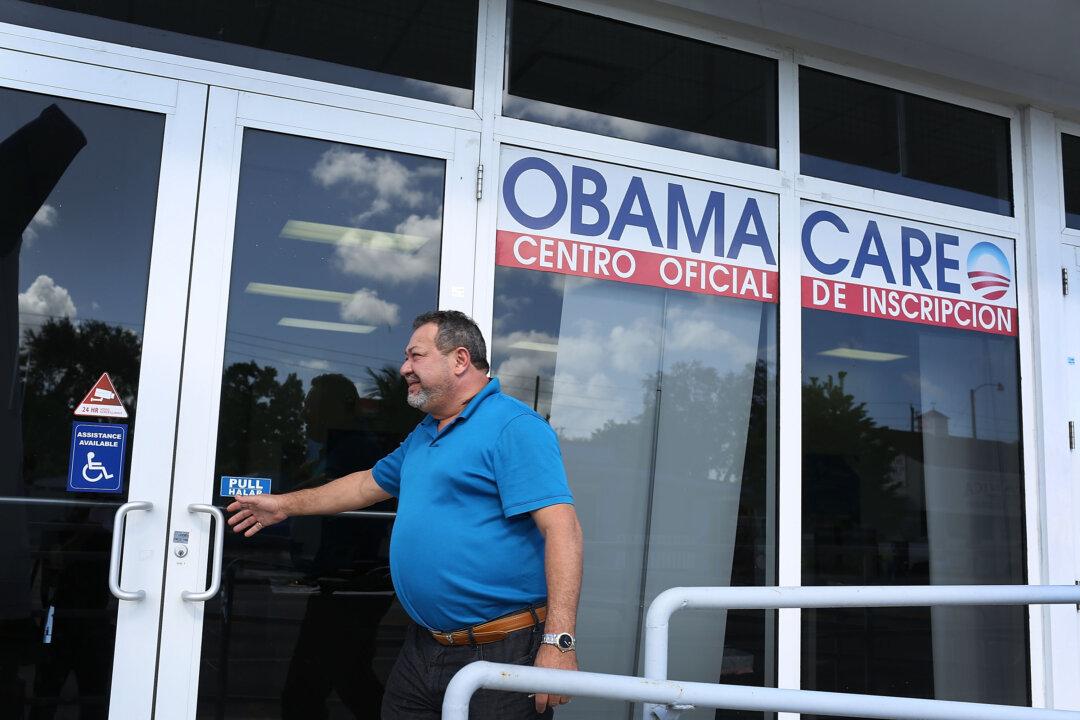Brazil’s largest party is abandoning President Dilma Rousseff’s government, lowering her chances of surviving increasing pressure in Congress for her impeachment.
Leaders of the Brazilian Democratic Movement Party, known as the PMDB, announced that party members would be immediately leaving their six cabinet posts, as well as some 600 federal government jobs.
Meanwhile, Vice President Michel Temer has vowed to help Rousseff stay as head of state.
“Dilma’s government is finished,” Senator Aecio Neves, opposition party leader, told AFP.
“The exit of the PMDB is the last nail in the coffin,” he added.
The president faces impeachment proceedings over accusations that her government illegally borrowed funds to mask the reality of government finances during the country’s deep recession.
Rousseff needs to secure at least 172 out of 513 votes in the lower house of Congress in order to stop the impeachment process from moving forward. A vote is expected around mid-April.
If Rousseff is impeached, her vice president Temer would take over.




